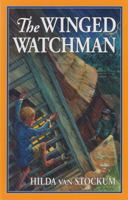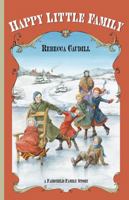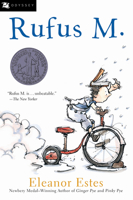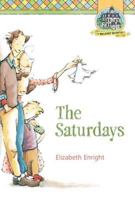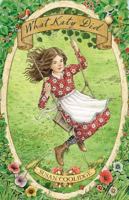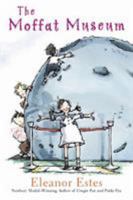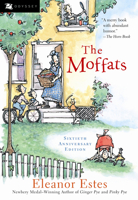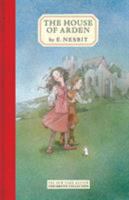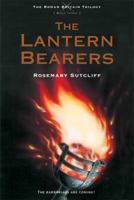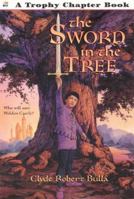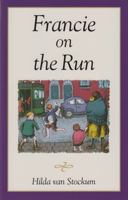You Might Also Enjoy
Book Overview
Customer Reviews
Rated 5 starsAnimals & a Club!
This book is about a family of 9 people. There are 5 kids, a grandma, a mom, a dad, and an uncle. This takes place during World War II. Their dad left for the war at the beginning of the story. The kids start a club to help the war. There are 8 kids in the club. The 2 youngest are mascots, and there are three of the other kids' friends. The eldest girl finds a baby squirrel, names it Blinky, and keeps it as a pet...
1Report
Rated 5 starsThe Mitchells
This book tells about a family in WWII and what life was like. Food was rationed, blackout drills were held, and their father and uncle were in the war. It is funny and touching. Angela is the funniest character. She gives very original names to her dolls. Traincrack and Surshy are the funniest names of her dolls in the book. I liked it when the Mitchells befriended Una, a war refugee from England. It was pure luck that Mr...
0Report
Rated 5 starsOne of my favorite books as a child & I STILL love it
In addition to being entertaining, this book was also informative. Prior to reading it, I didn't even know what a victory garden was! I loved the characters and found them to be realistic and recognizable. Angela was the funniest. I love the stupid names she gave her doll. Traincrack was certainly an original name. Even today I laugh about Traincrack.On a more serious note, I was quite moved when Una/Eunice was reunited...
1Report
Rated 5 starsExcellent! A must read for kids!
This is a wonderful story about a family during World War II. It gives a glimpse into life during that time period from Victory Gardens to rationed food. I love how the kids all try to help out and usually get along with each other. They are a typical family that work together to survive the war. I am loaning these books to everyone I know who has kids who love to read. This should be on reading lists at schools. The...
0Report
Rated 5 starsA wonderful book about growing up during WWII
So, I am a little biased - My last name is Mitchell, and I grew up in Washington, DC. In addition to being a wonderful series of adventures, this book is a great way to learn about the WWII homefront in our nation's capital. A must-read for any child beginning to read books with chapters.
0Report















